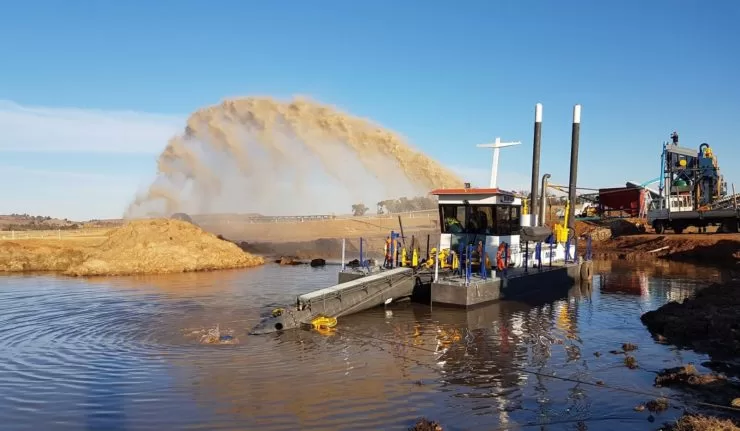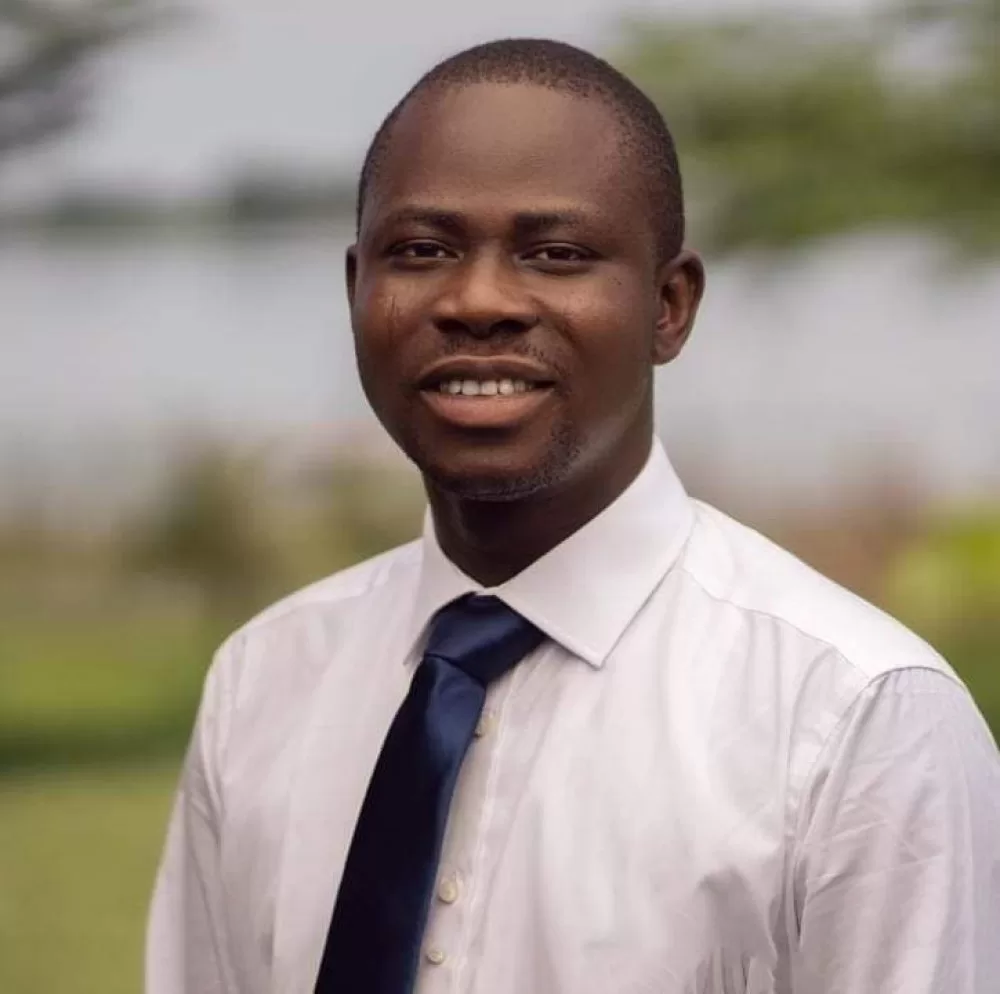In July 2023, UDEME, in a bid to get the details of the contractors and the amount released for the project, sent a Freedom of Information (FOI) Letter to the Ministry of Water Resources and Environment in Makurdi. A response was not provided.
Climate
…Nigeria grapples with this environmental health threat. Worldwide, approximately 400 million tons of plastic waste are generated annually, equivalent to 12 tons per second.
He claimed that without assistance from foreign donor organisations, the Federal Government would find it challenging to manage.
Abideen Olasupo, Global Director of Brain Builders Youth Development Initiative, urges collaboration among stakeholders to build a resilient plant health system. Speaking at #ClimateWednesday, he highlighted climate change’s impact on plant health, stressing the need for climate-smart agriculture and innovative solutions to ensure global food security.
It was a cloudy afternoon on the 8th of October 2021 in Makurdi, Benue state, when Mbaiorga Winifred had just stepped out of her makeshift home. The previous night’s heavy rain had dismantled her makeshift home, a series of mosquito nets combined in a “cave-like form” to provide shelter for her and her five children. “I was busy fixing my “Ihia-wam”- all through the day after being drenched the previous night. The weather was not my challenge.” Mbaiorga said. “Ihia-wam” means “my house” in the Tiv language. She continued, “But I became terrified when I saw the cloud forming again. I knew my family, and I would be drenched again later that night.” Since the incident, life has never been easy for Mbaiorga and her family. A few years ago, she could do menial jobs at the camp to fend for his children, but her strength has failed her. “Since October, I have been feeling a very sharp headache coupled with general weakness of the body. Worse still, I began emaciating, and my body worsens daily.” Mbaiorga could not access any hospital even when some mobile health workers privately told her that she could have type II diabetes. The Back […]
Mike Ede, 56, from Opiruku, Oju Local Government Area of Benue State, North-central Nigeria, couldn’t believe that her ever fertile land that was a source of healthy products could reduce in nutrients as he stood looking at the piece of land. “Only but a glorified farmland,” Ede’s thought betrayed him aloud as he tried hard to swallow the pain. Mr Ede wouldn’t have worried enough if only the trend is just on a piece of land, but across many farmlands in “Orihi” and “Iyato”- the two most fertile areas where foods are grown in the local government, at least that is accessible for him. “There were times all these places were full of trees and covered grasses, you could barely go through them because of the thickness of the grasses,” Mr. Ede explained. He continued, “At that time, a piece of land in this area can give you a double output increase especially if it’s cassava or yam, you could feel the nutrients.” As we speak, it is as dry as anything and the scorching sun around this place wouldn’t even allow you till the land.” Mr. Ede is an established farmer in the Opiruku community whose annual income used […]
Through my work in the Kavango East and West regions, I started to think more deeply about climate change and environmental awareness programmes run by NGOs.
After days of consistent rainfall some areas in the capital of Benue state have been flooded with goods worth millions lost.









